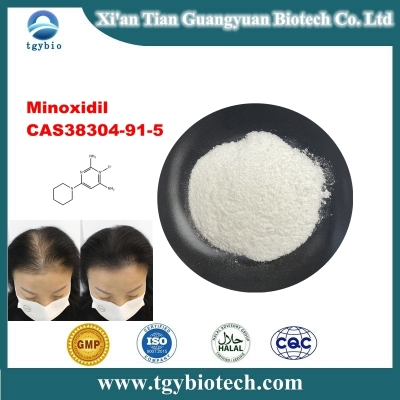-
Categories
-
Pharmaceutical Intermediates
-
Active Pharmaceutical Ingredients
-
Food Additives
- Industrial Coatings
- Agrochemicals
- Dyes and Pigments
- Surfactant
- Flavors and Fragrances
- Chemical Reagents
- Catalyst and Auxiliary
- Natural Products
- Inorganic Chemistry
-
Organic Chemistry
-
Biochemical Engineering
- Analytical Chemistry
-
Cosmetic Ingredient
- Water Treatment Chemical
-
Pharmaceutical Intermediates
Promotion
ECHEMI Mall
Wholesale
Weekly Price
Exhibition
News
-
Trade Service
Fasudil is a popular drug used to treat conditions associated with hemolytic uremic syndrome (HUS), a serious condition that affects the kidneys and can lead to serious complications.
The drug is manufactured by Pharmaboop Technologies, a leading pharmaceutical company headquartered in South Korea.
Fasudil is an oral medication that is used to reduce the risk of HUS recurrence in patients who have already experienced HUS episodes.
The chemical compound used in the manufacture of Fasudil is known as 2,2'-dithiobis(benzothiazole), which is a type of sulfur-containing molecule.
This compound is synthesized through a multi-step chemical reaction process that involves the synthesis of various building blocks, including the synthesis of benzothiazole, the formation of the thiourrea thione, and the thionation reaction of benzothiazole.
The final product is a yellow or yellowish-white powder that is soluble in water and has a molecular weight of 474.
36.
The upstream products required for the production of Fasudil include various chemical reagents, solvents, and raw materials, such as sulfuric acid, benzaldehyde, sodium carbonate, and hydrochloric acid.
These materials are used in the various chemical reactions involved in the synthesis of the thiourrea thione and the thionation reaction of benzothiazole.
These reactions typically involve the use of heat, pressure, and various chemical catalysts to promote the reaction and ensure optimal yields.
The downstream products of Fasudil include various intermediates and finished products, such as tablets, capsules, and suspensions.
These products are formulated using various excipients, such as fillers, binders, and surfactants, to ensure the stability and efficacy of the drug.
The tablets and capsules are typically formulated using conventional excipients, such as lactose, cornstarch, and hydroxypropyl methylcellulose, while the suspensions are formulated using a variety of suspending agents, such as sodium carboxymethylcellulose and hydroxypropyl cellulose.
The manufacturing process for Fasudil involves various steps, including the preparation of the raw materials, the synthesis of the building blocks, the assembly of the thiourrea thione and thionation reactions, and the formulation of the final product.
The manufacturing process is typically carried out in a controlled environment, such as a laboratory or a manufacturing facility, and is subject to strict quality control measures to ensure the safety and efficacy of the final product.
The production of Fasudil involves various upstream and downstream processes, including the synthesis of the building blocks, the assembly of the thiourrea thione and thionation reactions, and the formulation of the final product.
The upstream processes involve the synthesis of various raw materials and intermediates, while the downstream processes involve the formulation and packaging of the final product.
The production of Fasudil is a complex process that requires a high degree of technical expertise and knowledge of the underlying chemistry involved.
It is important to ensure that the production process is carried out in a safe and efficient manner to ensure the quality and safety of the final product.
The production of Fasudil represents a significant achievement in the field of pharmaceuticals and underscores the importance of investing in research and development to address the unmet medical needs of patients.







